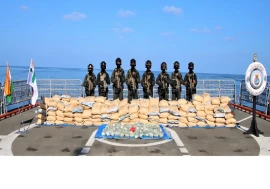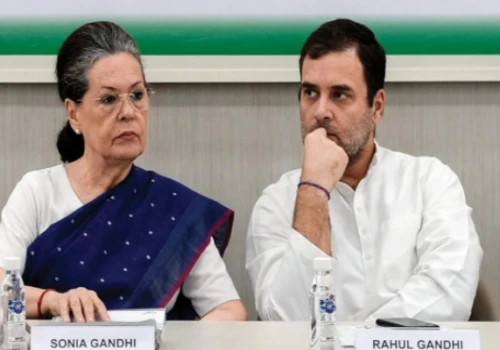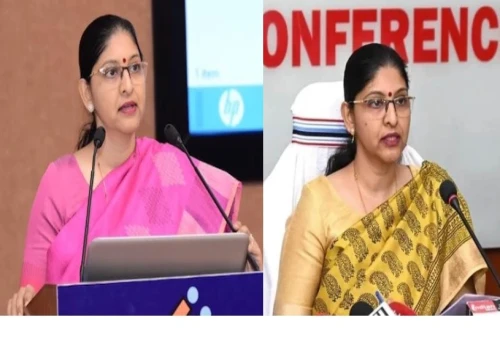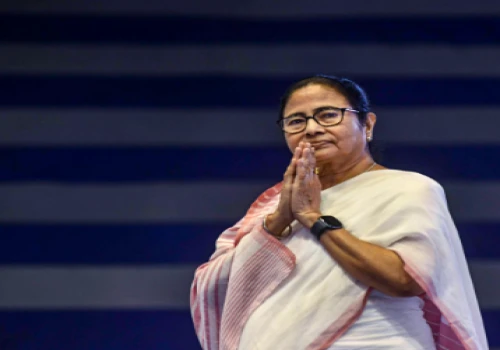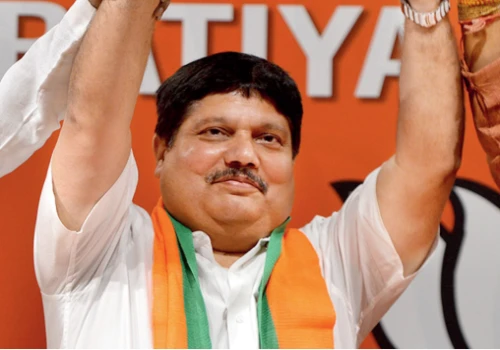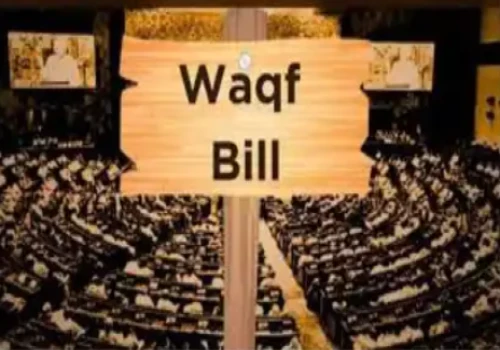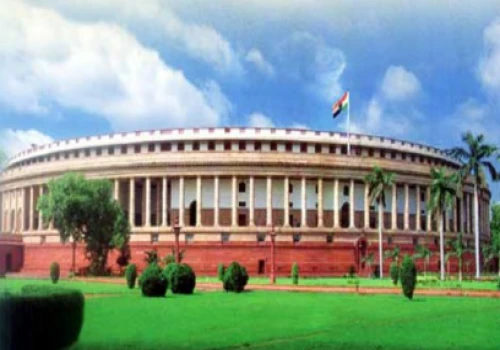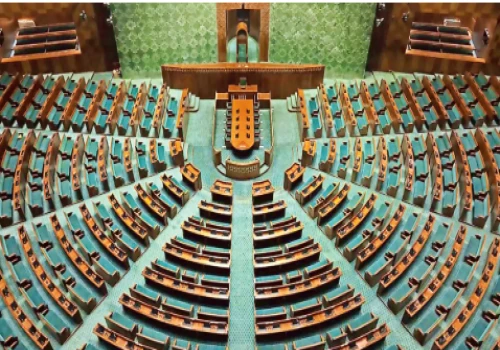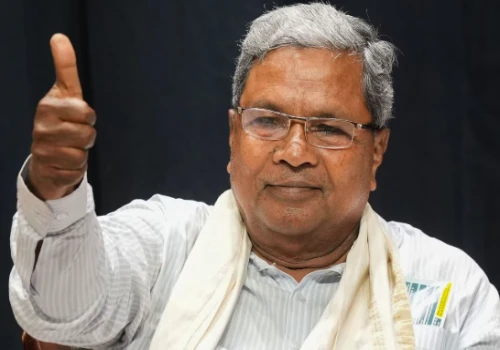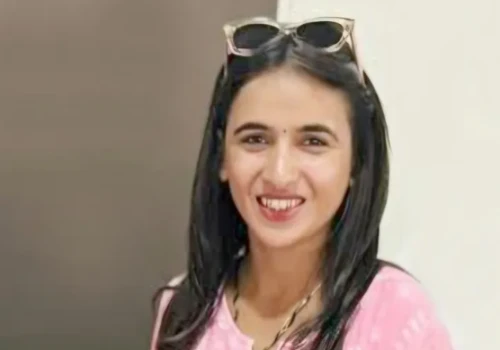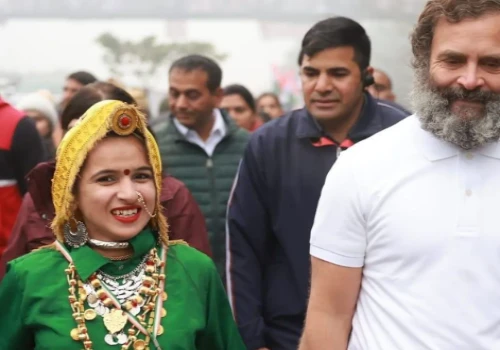_2100_x_1470.webp)
Ayodhya: On December 30th, Prime Minister Modi inaugurated the Maharshi Valmiki International Airport in Ayodhya and unveiled a series of infrastructure and connectivity projects. He also flagged off several new Vande Bharat Trains and Amrut Expresses. During his visit, PM Modi not only met with the 10 Croreth beneficiary of the Ujwala Yojana, who belongs to the Nishad community, but he also highlighted the ancestral connection of Nishad Raj, a friend of Shri Ram, according to Hindu scriptures.
In addition to these events, PM Modi made an appeal to citizens across the country, urging them not to gather in Ayodhya on the day of Pranpratishta to avoid unforeseen situations. Instead, he suggested celebrating Diwali at home by lighting lamps, emphasizing a responsible and safe approach.
This appeal is drawing comparisons to previous instances, such as the Janata Curfew during the 2020 COVID-19 outbreak, where PM Modi's calls, despite initial criticism, received widespread support. The current call to celebrate Diwali at home has faced criticism from some intellectuals, accusing it of diverting attention from critical issues like unemployment and poverty.
Despite the criticism, PM Modi's track record of successful public appeals, ranging from giving up gas subsidies to the gestures of clapping, banging thalis, and lighting lamps during the COVID-19 pandemic, suggests that the country may likely observe the suggested approach. The political analysts draw parellels with the mass appeal of the late Prime Minister Lal Bahadur Shastri to skip one meal every day, during the war with Pakistan in the year 1965.
As the general elections approach and the Shri Ram Temple has been erected at Ramlalla's birthplace, Diwali is set to be celebrated on January 22nd, while the opposition parties find themselves in a dilemma, torn between attending the ceremony and staying home in disappointment over not receiving an invitation.

